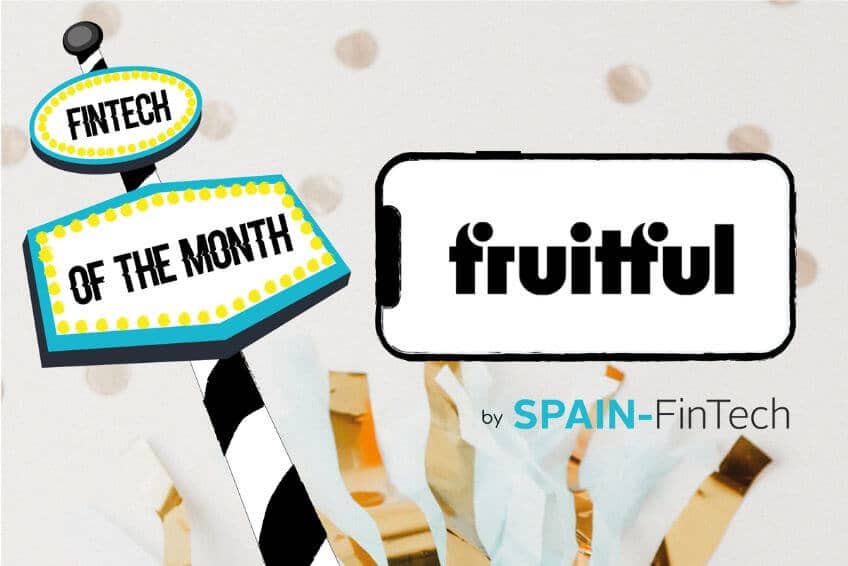This June, the announcement of a new financial app caught us by surprise. Its goal: to enhance your financial habits. In an uncertain financial scenario, with inflation persistently growing and purchasing power decreasing, Fruitful offers a solution to our savings.
Fruitful financial planner price
It has remained silent until it obtained $33 million in funding. The leaders of the financial rounds were Emigrant Bank ($8M) and 8VC ($25M), with participation from Lux Capital, Founders Fund and others.
This autumn, when the app launches, users will be able to get a certified financial planner for $98/month that provides them advice such as budgeting, set saving limits or investment products. It is great to plan long term financial goals like buying a house or kids’ college.
As Josh McManus, Fruitful co-founder and CEO said, “We’re working to build what we believe will be the first financial wellness membership platform”. According to him, “we’re bringing the price point down to increase accessibility”. A cost of $1200 (approx. 98 x 12 months), is roughly half of what you would pay for a 1% fee with an asset base of $250,000.
Members will have the option to book video calls with their financial planner or live chat with them anytime. This subscription model offers, in McManus view, a “low to no bias” form of financial guidance, and it’s a big differentiator since the company doesn’t charge hidden management fees or offers third-party products or services.
Why Fruitful?
Fruitful doesn’t define itself as a NeoBank, they prefer BeyoBank (Beyond Bank). Though they don’t underrate the mission of neo banks because they had offered financial opportunities to many people, they think they are not enough. Most of them play around spending and swiping rules.
Under Fruitful view, neo banks usually sell additional products to get premium services, they don’t have a heavy technology investment (besides the app experience) and the customer service is poor and slow. They intend to fix these problems being “transparent and trust-building”.
To McManus, financial technology can be used against consumers or in service of them. Traditional banks don’t care about their customers’ financial health in their search of profit. The app plans to help financially careless people, not only those without financial education, but also those who have high incomes and high expenses, being incapable to set up a patrimony.
Now, we only have to wait a few months until autumn 2022 and see if Fruitful will accomplish what it promises.



Leave A Comment